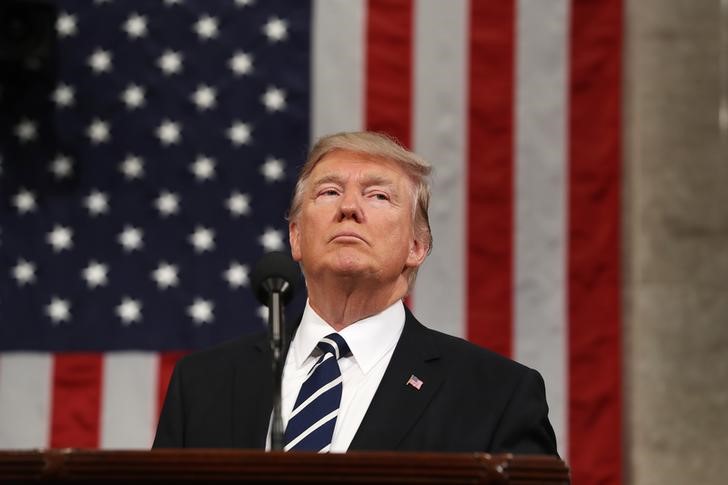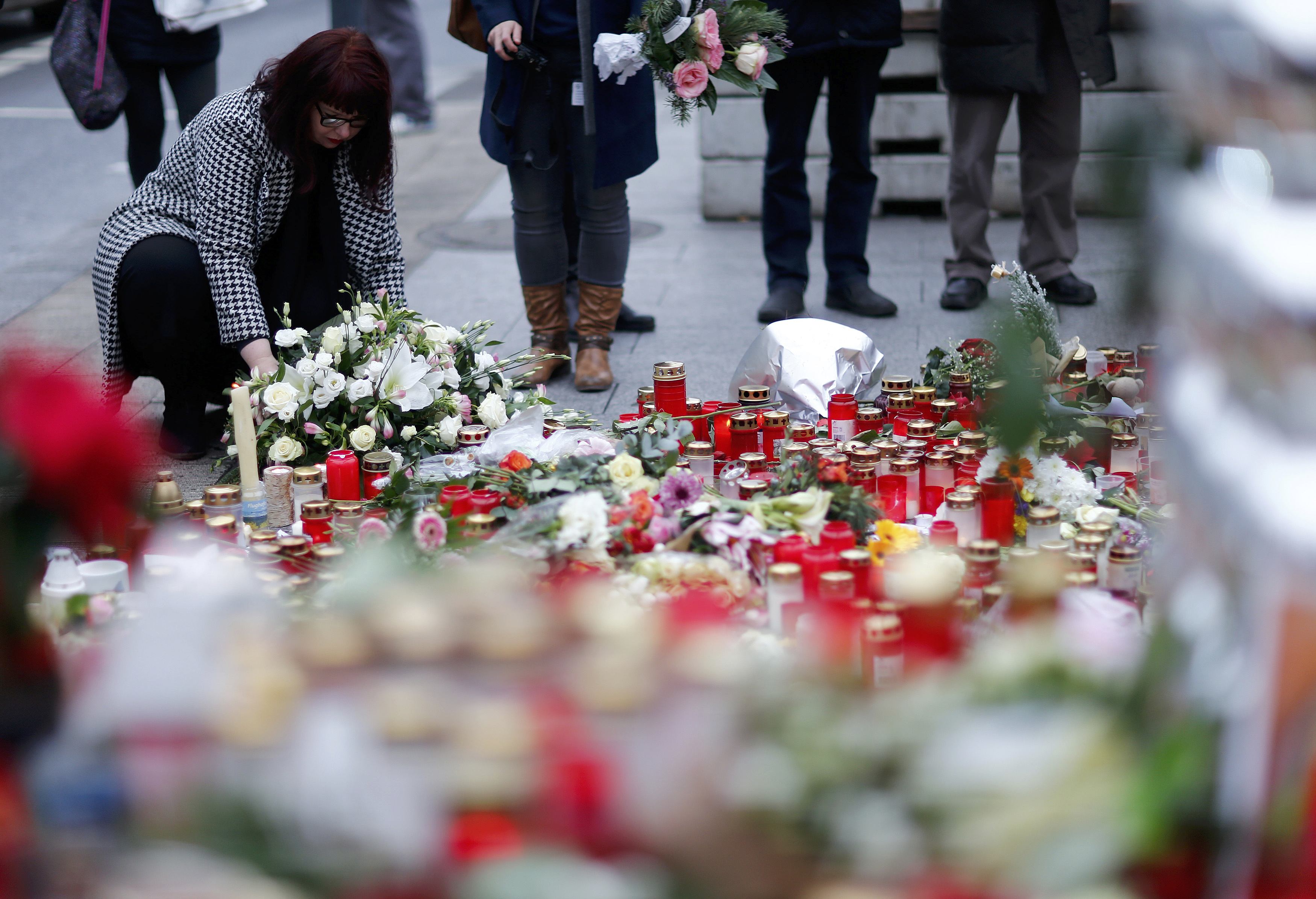
By Maria Tsvetkova
MOSCOW (Reuters) – A force of several dozen armed private security contractors from Russia operated until last month in a part of Libya that is under the control of regional leader Khalifa Haftar, the head of the firm that hired the contractors told Reuters.
It is the clearest signal to date that Moscow is prepared to back up its public diplomatic support for Haftar — even at the risk of alarming Western governments already irked at Russia’s intervention in Syria to prop up President Bashar al-Assad.
Haftar is opposed to a U.N.-backed government which Western states see as the best chance of restoring stability in Libya. But some Russian policy-makers see the Libyan as a strongman who can end the six years of anarchy that followed the ousting of Muammar Gaddafi.
The presence of the military contractors was, according to the head of the firm, a commercial arrangement. It is unlikely though to have been possible without Moscow’s approval, according to people who work in the industry in Russia.
Oleg Krinitsyn, owner of private Russian firm RSB-group, said he sent the contractors to eastern Libya last year and they were pulled out in February having completed their mission.
In an interview with Reuters, he said their task was to remove mines from an industrial facility near the eastern Libyan city of Benghazi, in an area that Haftar’s forces had liberated from Islamist rebels.
He declined to say who hired his firm to provide the contractors, where they were operating or what the industrial facility was. He did not say if the operation had been approved by the U.N.-backed government, which most states view as the sovereign ruler of Libya.
Asked whether the mission had official blessing from Moscow, Krinitsyn said his firm did not work with the Russian defense ministry, but was “consulting” with the Russian foreign ministry.
The contractors did not take part in combat, Krinitsyn said, but they were armed with weapons they obtained in Libya. He declined to specify what type of weapons. A U.N. arms embargo prohibits the import of weapons to Libya unless it is under the control of the U.N.-backed government.
Krinitsyn said his contractors were ready to strike back in case of an attack.
“If we’re under assault we enter the battle, of course, to protect our lives and the lives of our clients,” Krinitsyn said. “According to military science, a counterattack must follow an attack. That means we would have to destroy the enemy.”
Military and government officials in eastern Libya said they were not aware of the presence of the contractors, while Haftar did not respond to a request for comment.
Officials in Western Libya, where the U.N.-backed government is based, were not immediately available to comment. The Russian foreign ministry said it was working on a response to Reuters questions bit had not commented by Friday.
MOSCOW’S PROXIES
Underscoring Libya’s volatility, Haftar’s forces have this week been fighting to regain control over the Mediterranean oil terminals of Es Sider and Ras Lanuf, which a rival faction seized earlier this month.
Russia has a record of using private military contractors as an extension of its own military.
In Syria, military contractors have been widely used in combat roles in conjunction with Russian regular forces and their Syrian allies, according to multiple accounts given to Reuters by people involved in the operations. Moscow has not acknowledged using private contractors in Syria.
Russian security companies do not reveal the background of people they hire but the contractors usually are special forces veterans.
Krinitsyn, the owner of the company which hired the contractors for Libya, was an officer of the Russian border guard service based in Tajikistan, on the border with Afghanistan, where he said he gained battlefield experience.
Krinitsyn said some of the contractors he hired for Libya has previously worked in Syria, though not in combat roles.
He declined to say how many contractors were involved in the mission in Libya, citing commercial secrecy. However, he said that in general, a de-mining operation of this type would require around 50 mine clearance experts and around the same number for their security detail.
HAWKISH CAMP
Haftar has been seeking outside help to consolidate his control over parts of Libya. Russia has shown a willingness to engage with him that contrasts with the more cautious approach of Western governments.
Haftar visited Moscow in November last year and met Russian Foreign Minister Sergei Lavrov. In December, Haftar went on board a Russian aircraft carrier off the Libyan coast and spoke with the Russian defense minister via videolink. In recent weeks, Russia has taken in 100 of Haftar’s wounded fighters for medical treatment.
Moscow also received Haftar’s rival, Fayez Serraj, the head of the UN-backed government, for talks this month.
President Vladimir Putin, newly confident from the Russian military intervention in Syria, is anxious to restore stability in Libya. But foreign diplomats familiar with Russian thinking say there is so far no consensus on how to achieve that.
They say the foreign ministry wants Haftar to join forces with the U.N.-backed government. But the diplomats say there is a more hawkish camp, centered on the Russian defense ministry and some people in the Kremlin, which favors backing Haftar to establish control over the whole of Libya.
Krinitsyn, the contractors’ boss, said that while in Libya his employees had run into a group of local militants. He said the militants were initially hostile, but became friendly when they realized the outsiders were Russians.
“It was an uncomfortable situation but the image created by Putin in Syria played a positive role. We realized that Russia is welcomed in Libya more than other countries are,” he said.
(Additional reporting by Ayman al-Warfalli in Benghazi, Ahmed Elumami in Tripoli and Christian Lowe in Moscow; Editing by Giles Elgood)











